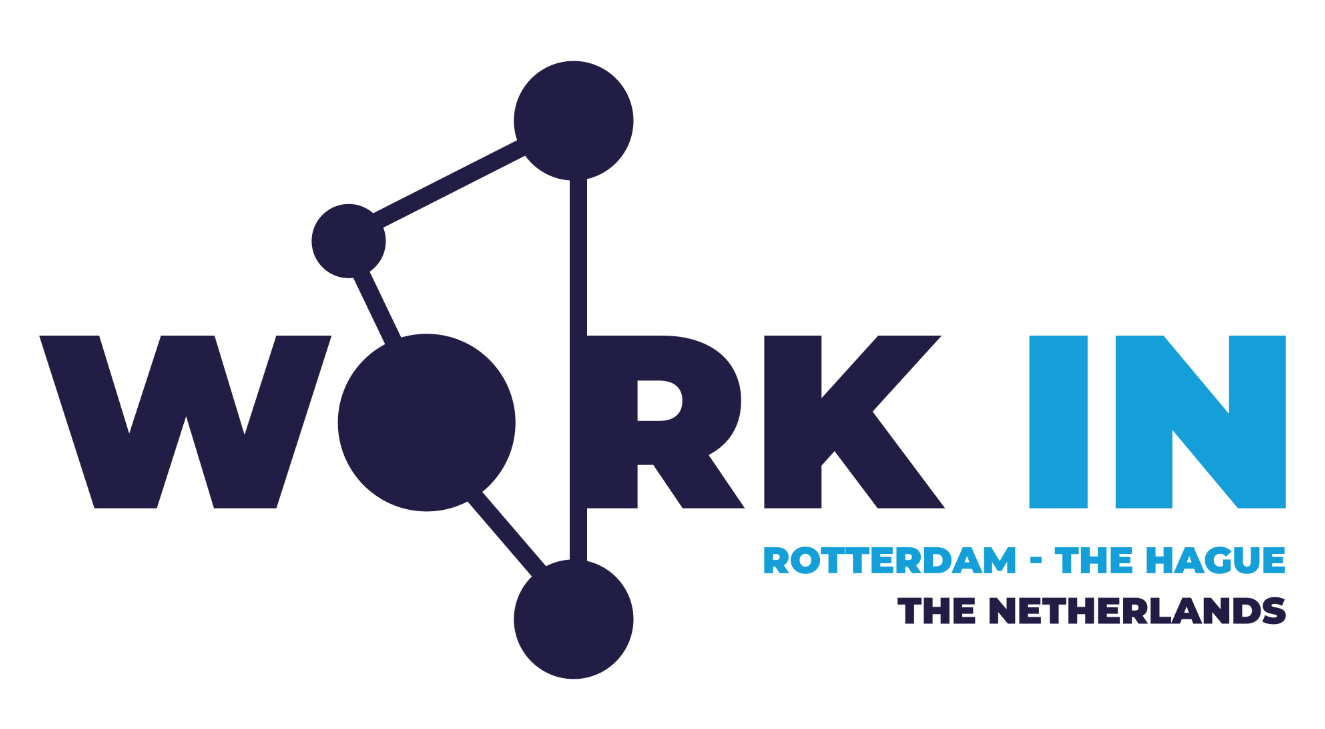PhD Position Physics of Cellular Robustness

Delft University of Technology (TU Delft)
Join the Laan Lab at TU Delft to unravel the mesoscale physics of how cells maintain robustness through evolution using live-cell imaging and multiscale modelling.
Job description
Cells are often described as intricate machines where proteins work together in a tightly coordinated fashion to produce essential cellular functions. Yet evolution challenges this picture. Proteins that are crucial for a core function in one species can be completely absent in a close relative—while the function itself remains intact. So, how do cells achieve this robustness when their underlying molecular networks diversify so dramatically over evolutionary time?
Our lab has shown that in budding yeast, the polarity network can adapt to the loss of a key protein by losing three additional proteins. These seemingly destructive changes restore polarity through a collective adaptive response, reshaping many cellular processes at once rather than relying on a few individual proteins. This raises a fundamental question: how do complex cellular networks collectively ensure evolutionary robustness?
Within the ERC project PolarRobustness, you will explore this question as part of a team. Your role will be to investigate the changes in the physical properties of the cell polarity process after the loss of key polarity genes and link it to changes of the spatial–temporal organization of specific polarity proteins through self-organization. Specifically, you will:
- Use high-throughput live-cell microscopy, quantitative image analysis, and set-up super-resolution microscopy to track these changes.
- Combine experimental data with multiscale modelling, in close collaboration with the theoretical physicist Dr. Jos Zwanikken.
- Further develop the mesoscale approach to study cell polarity as a collective physical process: a conceptual framework that is now being developed in the Laan Lab.
You will be part of a multi-disciplinary team, including another PhD student who focusses on the genomics of adaptation and a postdoc who will analyse the evolved strains using mass spectrometry, in collaboration with bioinformatician Dr. Nikolina Sostaric. A dedicated yeast genetics technician will provide strain construction. Together, the team will unravel how molecular changes propagate through the polarity network to collectively enable evolutionary robustness.
The Laan Lab is part of the highly interactive and diverse Department of Bionanoscience at the Faculty of Applied Sciences, TU Delft. To learn more about our work, visit www.tudelft.nl/laanlab.
Job requirements
We are looking for an experimentalist, with a background in (bio)physics, nanobiology or quantitative biology, who is eager to combine wetlab work with modeling and has a keen interest in unraveling cellular resilience. We are a highly collaborative research group that likes to work on challenging and ambitious fundamental problems, that typically combine experiments with computational and conceptual work. We expect the candidate to be a team-player, to have an independent and well-organized work style, to be communicative and creative, and to contribute to our open, interactive, and social lab culture.
TU Delft (Delft University of Technology)
Delft University of Technology is built on strong foundations. As creators of the world-famous Dutch waterworks and pioneers in biotech, TU Delft is a top international university combining science, engineering and design. It delivers world class results in education, research and innovation to address challenges in the areas of energy, climate, mobility, health and digital society. For generations, our engineers have proven to be entrepreneurial problem-solvers, both in business and in a social context.
At TU Delft we embrace diversity as one of our core values and we actively engage to be a university where you feel at home and can flourish. We value different perspectives and qualities. We believe this makes our work more innovative, the TU Delft community more vibrant and the world more just. Together, we imagine, invent and create solutions using technology to have a positive impact on a global scale. That is why we invite you to apply. Your application will receive fair consideration.
Challenge. Change. Impact!
Faculty Applied Sciences
With more than 1,100 employees, including 150 pioneering principal investigators, as well as a population of about 3,600 passionate students, the Faculty of Applied Sciences is an inspiring scientific ecosystem. Focusing on key enabling technologies, such as quantum- and nanotechnology, photonics, biotechnology, synthetic biology and materials for energy storage and conversion, our faculty aims to provide solutions to important problems of the 21st century. To that end, we educate innovative students in broad Bachelor's and specialist Master's programmes with a strong research component. Our scientists conduct ground-breaking fundamental and applied research in the fields of Life and Health Science & Technology, Nanoscience, Chemical Engineering, Radiation Science & Technology, and Engineering Physics. We are also training the next generation of high school teachers.
Click here to go to the website of the Faculty of Applied Sciences.
Conditions of employment
Doctoral candidates will be offered a 4-year period of employment in principle, but in the form of 2 employment contracts. An initial 1,5 year contract with an official go/no go progress assessment within 15 months. Followed by an additional contract for the remaining 2,5 years assuming everything goes well and performance requirements are met.
Salary and benefits are in accordance with the Collective Labour Agreement for Dutch Universities , increasing from Promovendus gross per month, from the first year to the fourth year based on a fulltime contract (38 hours), plus 8% holiday allowance and an end-of-year bonus of 8.3%.
As a PhD candidate you will be enrolled in the TU Delft Graduate School. The TU Delft Graduate School provides an inspiring research environment with an excellent team of supervisors, academic staff and a mentor. The Doctoral Education Programme is aimed at developing your transferable, discipline-related and research skills.
The TU Delft offers a customisable compensation package, discounts on health insurance, and a monthly work costs contribution. Flexible work schedules can be arranged.
Will you need to relocate to the Netherlands for this job? TU Delft is committed to make your move as smooth as possible! The HR unit, Coming to Delft Service, offers information on their website to help you prepare your relocation. In addition, Coming to Delft Service organises events to help you settle in the Netherlands, and expand your (social) network in Delft. A Dual Career Programme is available, to support your accompanying partner with their job search in the Netherlands.
Additional information
For more information about this vacancy, please contact Liedewij Laan l.laan@tudelft.nl.
Application procedure
Are you interested in this vacancy? Please apply no later than 4 November 2025 via the application button and upload the following documents:
- CV
- Motivational letter
You can address your application to Liedewij Laan.
Doing a PhD at TU Delft requires English proficiency at a certain level to ensure that the candidate is able to communicate and interact well, participate in English-taught Doctoral Education courses, and write scientific articles and a final thesis. For more details please check the Graduate Schools Admission Requirements.
Please note:
- You can apply online. We will not process applications sent by email and/or post.
- As part of knowledge security, TU Delft conducts a risk assessment during the recruitment of personnel. We do this, among other things, to prevent the unwanted transfer of sensitive knowledge and technology. The assessment is based on information provided by the candidates themselves, such as their motivation letter and CV, and takes place at the final stages of the selection process. When the outcome of the assessment is negative, the candidate will be informed. The processing of personal data in the context of the risk assessment is carried out on the legal basis of the GDPR: performing a public task in the public interest. You can find more information about this assessment on our website about knowledge security.
- Please do not contact us for unsolicited services.

